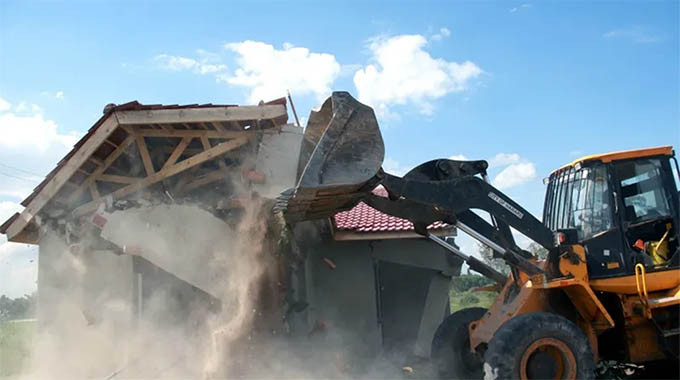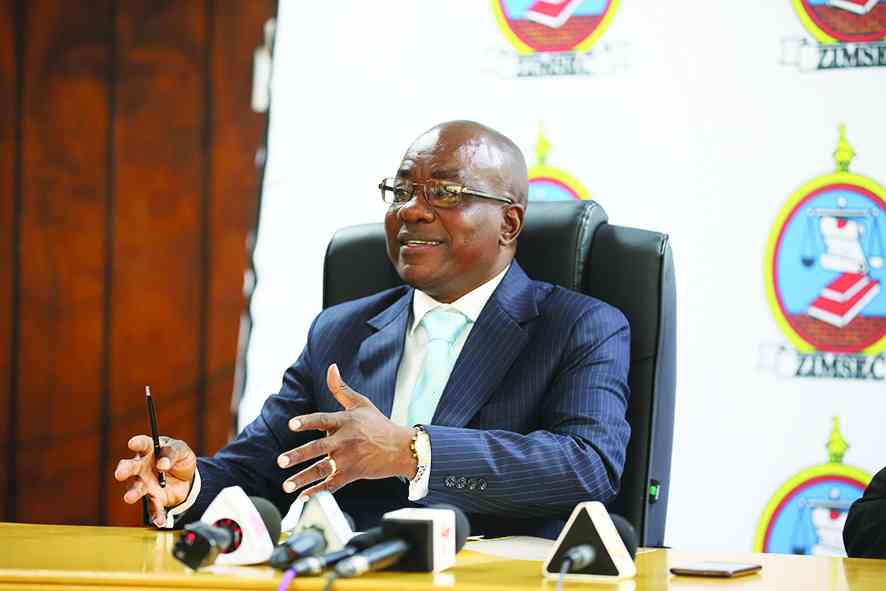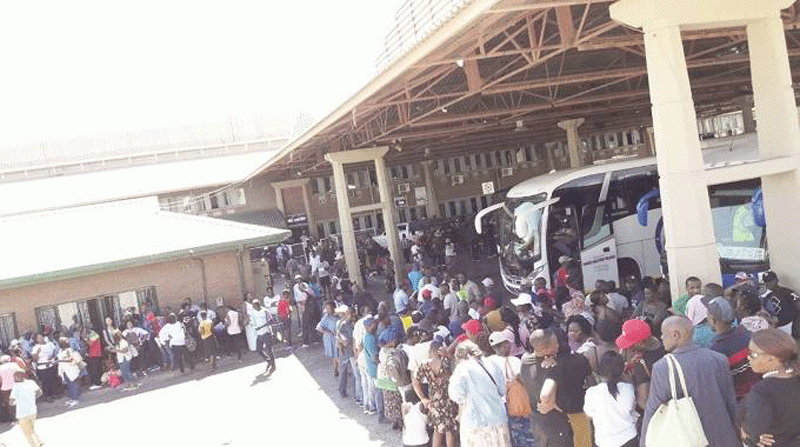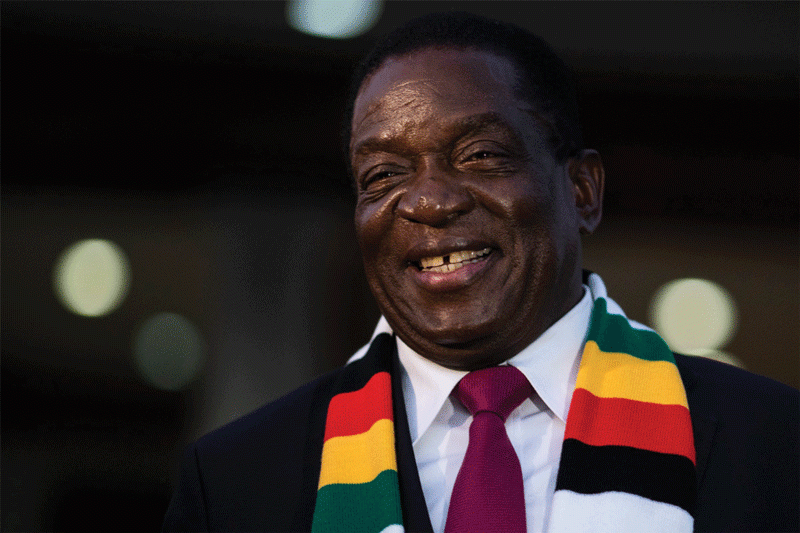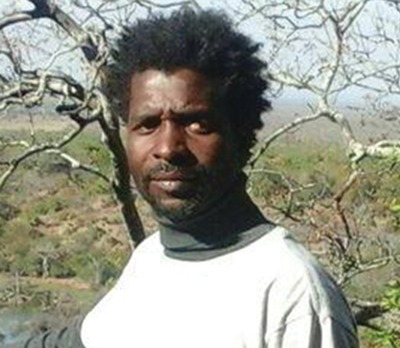
THE awarding of licences to six national free-to-air commercial television broadcasting stations last week was received with mixed feelings by Zimbabweans. Many hailed the momentous occasion as unparalled developed since 1890, some simply as an incremental gain and a significant group remained indifferent to the development.
Paidamoyo Muzulu
The Broadcasting Services Act created a three-tier broadcasting services — public broadcasting, commercial private broadcasting and community broadcasting.
Despite the existence of the three-tier broadcasting service models, Zimbabwe, since the 1960s when it started broadcasting, entrenched State/public broadcasting model through the statutes.
The State broadcasting monopoly just like telephone services monopoly was cast in law, State monopoly over telecommunications and broadcasting was established through the Posts and Telecommunications Corporation (PTC) Act and Rhodesia Broadcasting Corporation (RBC) Act.
The State knew best and was the only vehicle to deliver what the people wanted without pursuing commercial/profit interest.
The State monopoly was broken in six short years between 1994 and 2000. Chief Justice Antony Gubbay in two seminal judgments — Econet constitutional challenge against PTC Act as ultra vires the right to freedom of information and Capital Radio challenge of the Broadcasting Act that it infringed the right to freedom of information — broke the State’s monopoly over the airwaves.
Despite the two landmark decisions by the Constitutional Court, the monopoly was not immediately broken. Econet was only licensed through a Supreme Court order in 1998, four years after it had won its case against State-sanctioned monopoly as unconstitutional.
- Chamisa under fire over US$120K donation
- Mavhunga puts DeMbare into Chibuku quarterfinals
- Pension funds bet on Cabora Bassa oilfields
- Councils defy govt fire tender directive
Keep Reading
On the other hand, Capital Radio never got the chance to officially broadcast as there was no enabling Act that allowed licensing of private players.
The law — Broadcasting Services Act — was only enacted in 2002, but the Broadcasting Authority of Zimbabwe board was only put in place years later and took its time to invite applications for licences.
It is interesting that the two constitutional challenges were launched by private entities in pursuit of profits. The companies wanted to make money for their investors or shareholders, not offering public services to citizens. This was merely commodification of a public good — the broadcasting spectrum.
I know many would ask why I included the Econet case about broadcasting. This was deliberate since telecommunications since the 1990s have become an integral part of broadcasting through new information communication technologies (ICT). Imagine the use of mobile smartphones to livestream events using social media such as Facebook, Twitter, Instagram and YouTube.
In other words, the broadcasting industry has been revolutionarising without regulations and the State was playing catch-up. The licensing of private players was long over due considering Zimbabwe was the second country in sub-Saharan Africa to have a national television station after Nigeria.
Yes, Zimbabwe had television ahead of the bigger and economically more sophisticated South Africa.
The six new television stations — Fair Talk Communications, Jester Media, Acacia Media, Channel Dzimbahwe, Rusununguko and Zimpapers Television Network — are entering a saturated television market. We have so many established private players in the sector — MultiChoice’s DStv and Open View Decoder.
Econet’s KweseTV came and fumbled before it exited the market within a short space of one year. In simple terms, the new licence holders have not to be only innovative in their programming, but also have deep pockets to survive the television broadcasting jungle.
The Zimbabwean audience would be the biggest losers as the private players go head-to-head in search of commercial interest, not public interest. This is the moment that ZBC has to reinvent itself and become a real public broadcaster.
The closest we have of a national public broadcaster is the BBC. This is a tall order for ZBC to implement that model after 40 years of behaving like an appendage of Zanu PF or government. It is a State broadcaster and should just do that.
Public broadcasting model is anchored on showing the plurality in the State, deal with divergent issues in an impartial way and pursue issues that are of public not commercial interest.
In other words, news bulletins should be impartial, talk shows should reflect the diversity in the country, all national events including sporting events should be aired on national TV at no cost to the public. The ruling party and opposition parties should have equitable access to and coverage from the national broadcaster.
The public broadcasting model is hinged on financing from listeners’ licence fees and government grants from the taxpayer funds.
It should not be worried about having sponsored programmes for its sustainability and more importantly, the ruling party and government officials should stop abusing the national broadcaster as their lapdog or praise singers.
If ZBC does not change course, it would be a great disservice to the people of Zimbabwe and abuse of public resources. New management and staff who understand and appreciate public broadcasting model should join the national broadcaster. All Zanu PF imbedded journalists at the State broadcaster can join any of the newly licensed party associated broadcasters and push their commercial interests.
It is important therefore that we have a new ZBC. We need a new deal. ZBC has to reform and restructure and change its ways since its formation of being a mouthpiece of ruling parties and assume a national outlook.
Citizens should demand more and hold to account the national broadcaster, the extended honeymoon should be over.

